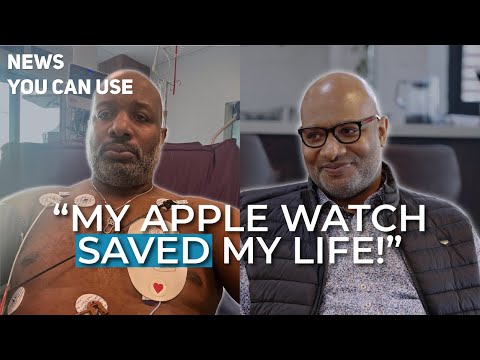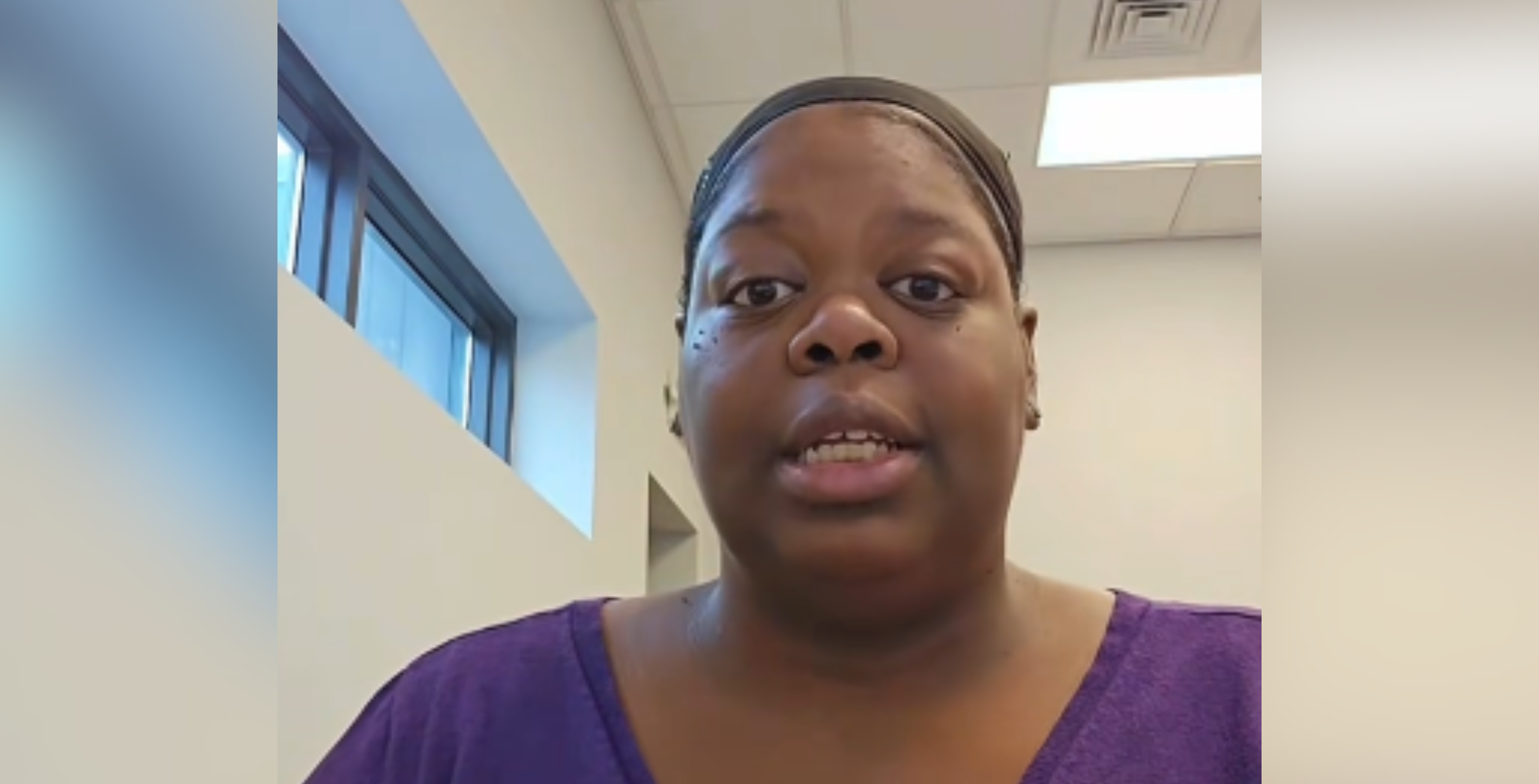TORONTO – Tor Baker was laying on his couch, scrolling through Instagram on the evening of December 13th, 2021 when his Apple Watch alerted him that something was wrong with his heart. He called 9-1-1 and once the ambulance took him to the hospital, doctors told him that his watch had saved his life.
“My watch tapped me on the wrist and when I read it, it said that my heart was beating at 129 beats per minute,” Tor said, adding that his heart rate is usually between 60 to 100 beats per minute.
He thought that maybe it was because of the way he was sitting, so he straightened up and checked it again, and his heart was beating even faster. He ran an ECG check through his watch, and it told him that he was experiencing atrial fibrillation.
According to the Center for Disease Control, atrial fibrillation, often called AFib or AF, is the most common type of treated heart arrhythmia. An arrhythmia is when the heart beats too slowly, too fast, or in an irregular way.
When the ambulance arrived, Baker says the paramedics were skeptical, as he felt fine and wasn’t showing any signs that something was wrong. But upon using their own ECG machine, they determined that his heart was in atrial fibrillation, and he was taken to the hospital.
He spent seven hours in the hospital while doctors did blood work and took x-rays, gave him medication, and made an appointment for him to see a cardiologist. He says that a nurse came in to give him medication that was supposed to help lower his heart rate, but it quickly shot up to 156 beats per minute.
He was admitted to the hospital and he said the whole time he didn’t feel any pain, but he was scared. A few hours later he spoke to a cardiologist, explaining that his watch had also alerted him that he hadn’t been sleeping properly and had stopped breathing in his sleep. The doctor then explained that these were signs that something was wrong with his heart.
“I was scared to say anything because I’m a driver for Mississauga Transit and I didn’t want to lose my job, and he said to me ‘which would you rather lose, your job or your life?’,” Baker said.
The following day the doctors were able to perform cardioversion to restore his heart rhythm, and he has not experienced any issues since. Baker is now advocating for the Canadian government to consider smartwatches as medical devices, so they can be covered under medical insurance and be more widely available for people with heart conditions.





